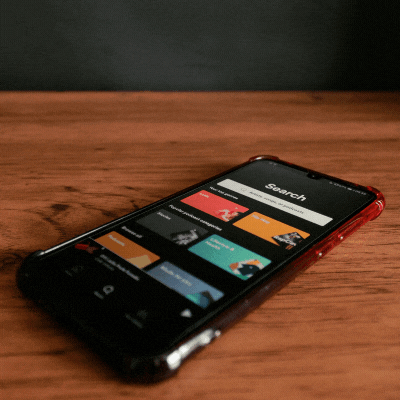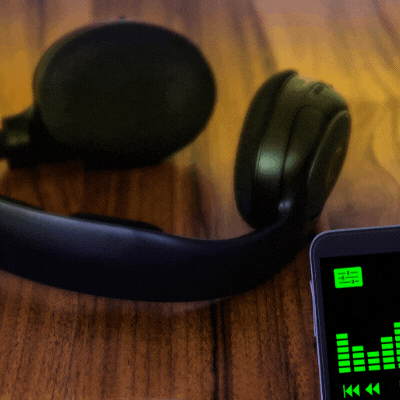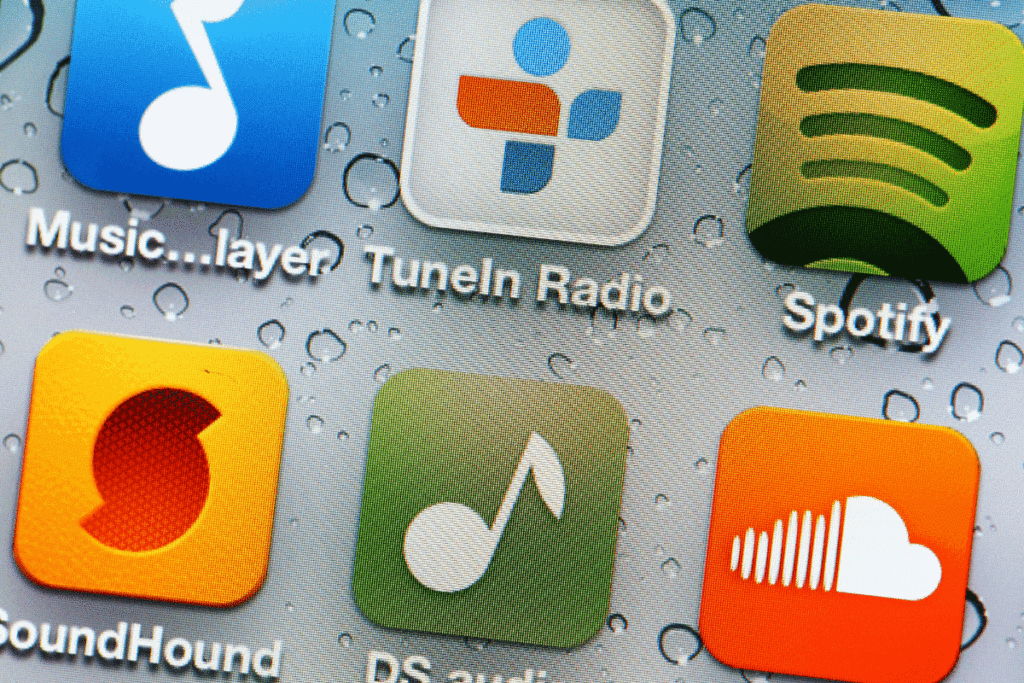You’ve written the songs, recorded them, and now you want to release your work digitally, but you don’t have a manager or record label to guide you through the distribution process. Being an independent musician requires a lot of ingenuity. Despite the new digital age of music, there are still barriers for DIY and unsigned musicians in the industry.
The key for any musician to be successful is to make sure as many people hear their music as possible. At one point in recent history, that meant getting your songs on the radio. But as the availability of on-demand content has taken over the industry, independent artists have had to shift their focus to streaming platforms for exposure and income. In 2020, streaming revenues reached $13.4 billion worldwide, the highest ever recorded. As a result, streaming is now the music industry’s primary revenue driver, accounting for more than 62% of total global recorded music revenue.
Streaming is now the music industry’s primary revenue driver, accounting for more than 62% of total global recorded music revenue.
Indie musicians haven’t been afforded the same accessibility to get their music onto streaming services as their more established counterparts. Some platforms have options for indie artists to navigate through the red tape. In contrast, others outright don’t allow digital music that isn’t affiliated with a record company, digital distributor, or music publisher. Let’s walk through the different platforms and the application process for them.
THE STREAMING PLATFORMS

Apple Music
Apple Music is a subscription-based streaming service launched in 2015. The app also features Internet radio stations such as Apple Music 1, Apple Music Hits, Apple Music Country, etc. In addition, the service boasts seamless integration with Apple devices, giving it a unique position in the market due to Apple’s unrivaled record of brand loyalty and fan base. As of 2021, Apple Music had 98 million subscribers worldwide.
Apple Music doesn’t allow an option for independent musicians to submit their music to the service directly. Instead, Apple redirects inquiring artists to partner with an Apple-preferred distributor such as CD Baby, The Orchard, or Believe Digital. Independent podcasters can submit their podcast by signing up for an Apple Podcasts Connect account.
Pandora
Pandora was founded in 2000 as a music software licensing company with a business-to-business focus. However, the company turned its attention to consumers in 2005 and relaunched as a radio internet service. The platform has become known for its Music Genome Project, which classifies songs based on musical traits and refines new music recommendations for listeners based on their tastes. Pandora has nearly 56 million users and 6.4 million subscribers.
A few years ago, Pandora had an open submission process for independent music. However, they’ve changed their strategy over the past few years. All music submissions must be distributed to Pandora via a digital aggregator. In addition, musicians need a Universal Product Code (UPC) for their application. UPC’s are barcodes assigned through an aggregator. Podcasters have a more direct line to Pandora listeners and can submit directly to the app using their RSS feed without going through an aggregator.
Musicians need a Universal Product Code (UPC) for their application. UPC’s are barcodes assigned through an aggregator.
Spotify
Founded in 2006, Spotify is currently the world’s largest music streaming service. In the third quarter of 2021, Spotify had 381 million active global users, including 172 million paying subscribers. The ease and user-friendliness of Spotify’s free tier have given it an edge against other streaming giants, but it has led to backlash from artists due to unfair compensation.
There is no avenue for musicians to submit their music directly to Spotify. Instead, you have to go through an aggregator to get your album or songs onto the platform. To get your songs on a Spotify playlist, you need a Spotify for Artists account, and you or a representative has to pitch your music to the editorial staff. The pitch is a form that asks for further details, including song genre, inspiration, and meaning. It’s unclear precisely what Spotify looks for in a pitch, and it appears selections are entirely at the whim of playlist curators. In addition, Spotify allows podcasters to host their shows via their Spotify for Podcasters page. There, creators link their podcast’s RSS feed.
Tidal
Tidal is a more recent entry to high-profile streaming services. Launched in 2014 to much hype (Jay-Z, Beyoncé, Rihanna, Kanye West, Nicki Minaj, and Madonna were touted as owners of the service during its introductory press conference), the service has struggled to make a significant impression in the streaming market. Tidal is the first global music streaming service with high fidelity sound, leading to high subscription fees. Tidal reported that the service had more than 3 million subscribers, but that number has been disputed.
Independent musicians are directed to aggregators that partner with Tidal — Indigoboom, Record Union, DistroKid, Tunecore, and recordJET — to get their music on the streaming service. At the moment, it appears that podcasters can be featured on Tidal invite-only.
MUSIC AGGREGATORS

Signing up with an aggregator appears to be the quickest route to streaming your music. Aggregators are distributors that enable you to get your original songs onto digital services such as Spotify and Apple Music by paying a fee or commission. Here’s a quick breakdown of the most popular aggregators and their costs.
Aggregators are distributors that enable you to get your original songs onto digital services such as Spotify and Apple Music by paying a fee or commission.
AWAL (Artists Without A Label)
AWAL offers a variety of options for artists at differing levels in their careers. In addition to distribution, the service provides funding, sync licensing opportunities, and marketing and promotion. Unlike other aggregators, AWAL only works with artists it selects, so you must undergo an application process.
CD Baby
CD Baby isn’t just an aggregator. It offers digital and physical distribution, sync licensing and Performing Rights Organization affiliation. Artists pay per project, ranging from $9.95 to $29.95. Full albums range from $29 to $69.
Distrokid
Distrokid is a distributor specializing in getting music into online stores & streaming services. There’s an annual cost of $19.99, but it allows unlimited uploads of albums and songs for the entire year. In addition, artists retain 100% of their earnings, paid out monthly.
Tunecore
Tunecore is primarily an aggregator. They offer publishing and sync services at an additional fee of $75 and a commission of 15% to 35%. For aggregation services only, there’s an annual fee of $9.99 for a single and $29.99 for an album (the first year fee for albums is $29.99, but the fee increases to $49.99 annually for each year after).
If you’d like to learn more about publishing and distribution job opportunities in the music industry, download Yellowbrick’s Ultimate Music Career Guide.








